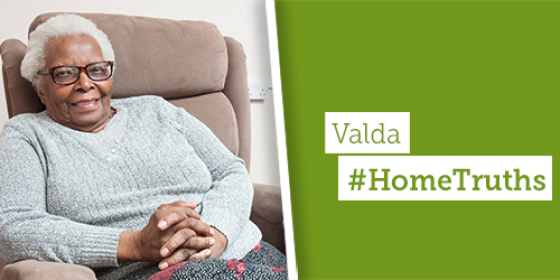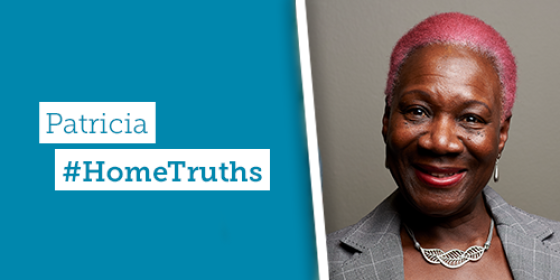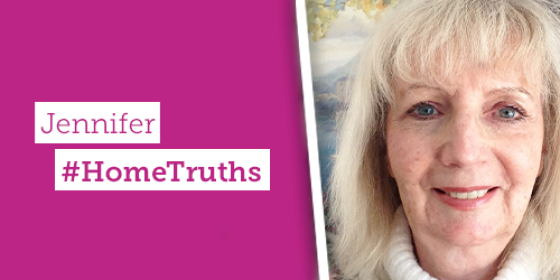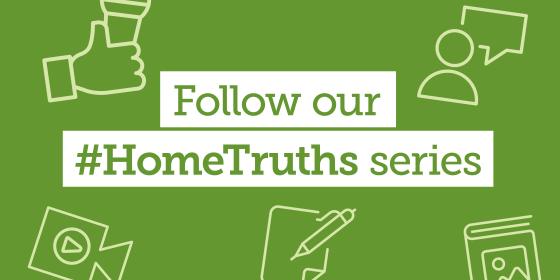 Blogs | Home Truths - Valda
Blogs | Home Truths - Valda
My story: Amma
I felt pretty disgusted when I learned that Public Health England’s review into black people and people of colour and COVID-19 had been censored and that the recommendations from it had been removed. Then I heard another entire document which contained the voiced concerns of black people and people of colour had been concealed. These were hugely important, addressing how racism has resulted in the distinctly unequal impact of COVID-19 across racial groups.
With their actions, the Government made it clear that they had no interest in addressing the unequal experiences and dire outcomes for many people like me. The message delivered was that they were perfectly happy for us to keep falling ill and dying at these shockingly high rates. Their strategy was to hide the reality of it, hide the reasons for it and get in the way of those wanting to do something about it.
We know that structural racism is contributing to this stark pattern of inequality and this was identified in those reports.
I don’t have older relatives apart from a sibling who has already had COVID-19, but I worry for older black, asian and other people in the wider community. Has the Government done anything to assuage any fears they might have? No, they have not. In fact, quite the opposite.
We know that structural racism is contributing to this stark pattern of inequality and this was identified in those reports.
Some organisations are energetically reviewing their structures and practices with a view to ensuring that black and other people of colour get equal outcomes. Equal outcomes means getting the same quality of service, the same levels of wellbeing, the same experience of consideration, respect and value, the same level of life chances, the same likelihood of survival, the same income levels and more.
The way those outcomes are achieved will differ between white groups and communities of colour – the experience of racism, barriers to services, attitudes and treatment differ between races. The challenge for the Government and, of course, charitable organisations like ours, is to be rigorously open and honest in their reviews and then to follow up those reviews with concrete changes, led and guided by communities of colour.
Those changes will need to transform who’s given more of a voice and who’s given less, how resources are deployed, who makes up the governing and executive bodies, what types of staffing structures and hierarchies are in place, the communication methods that are used, and much more.
I don’t think I’m alone in my belief that when those changes happen and there’s no difference in the outcomes that all racial groups experience, we’ll be closer to an equitable society and equitable organisations that we can be proud of.
Equal outcomes means getting the same quality of service, the same levels of wellbeing, the same experience of consideration, respect and value, the same level of life chances, the same likelihood of survival, the same income levels and more.
 Blogs | Home Truths - Patricia
Blogs | Home Truths - Patricia
 Home Truths: Life in Isolation
Home Truths: Life in Isolation
 Blogs | Home Truths - Dorothy
Blogs | Home Truths - Dorothy